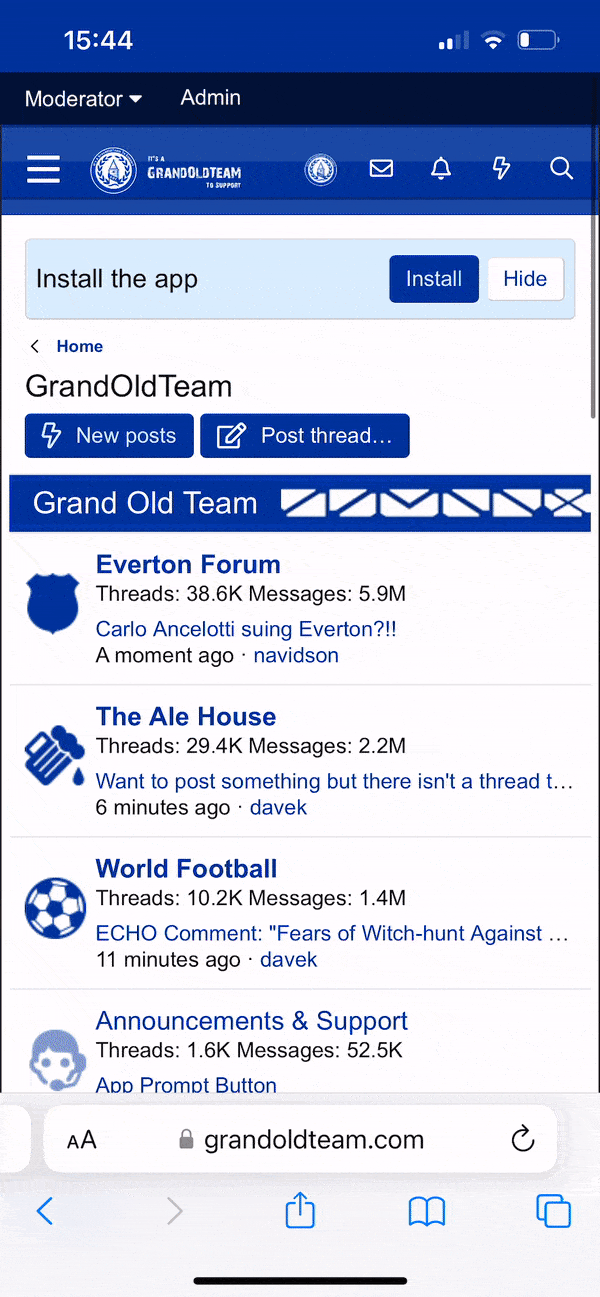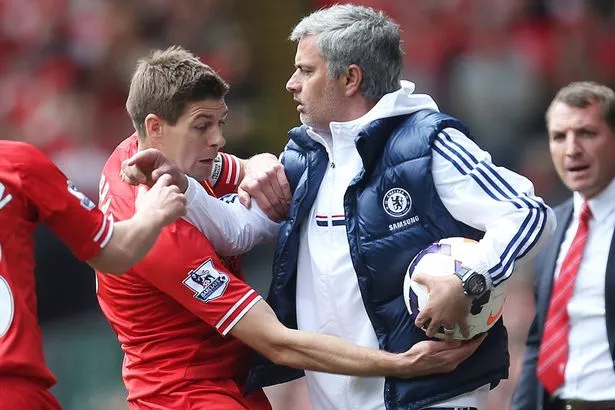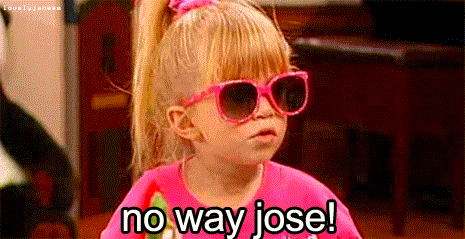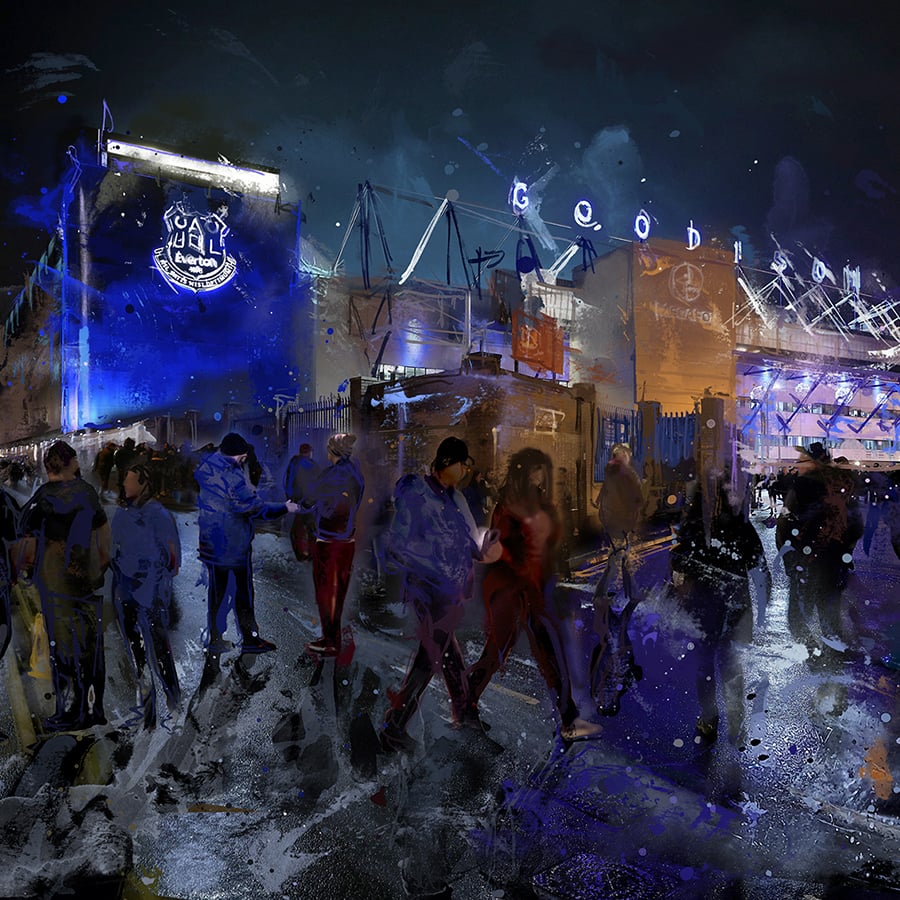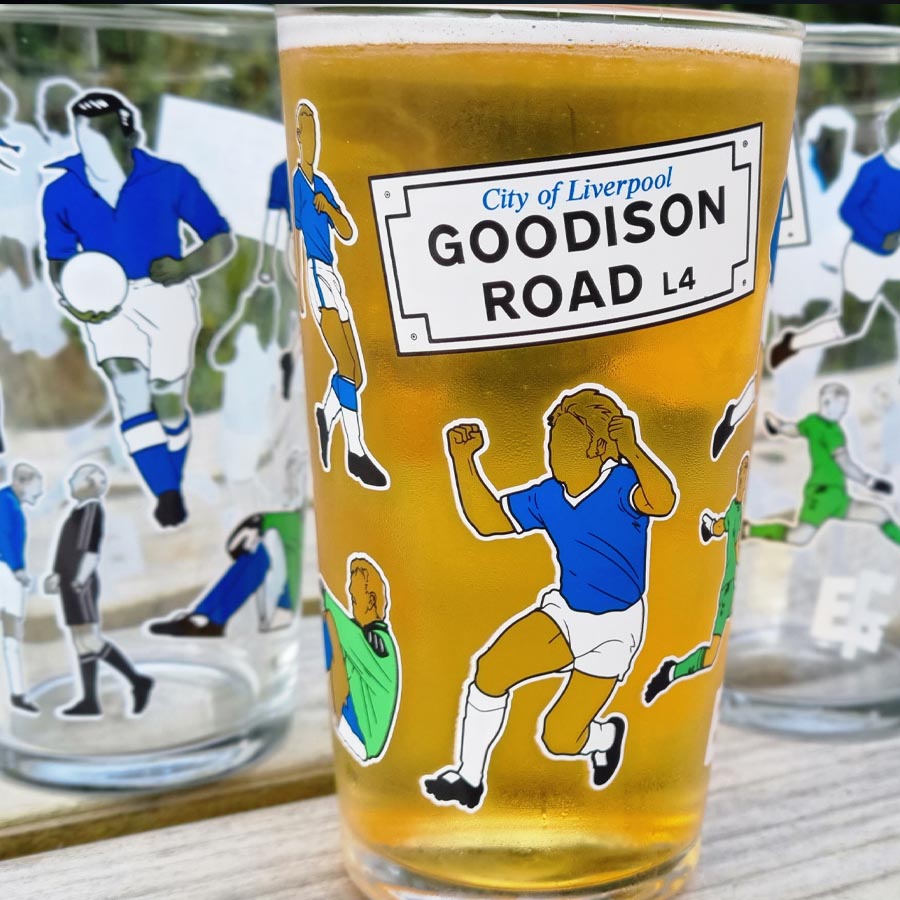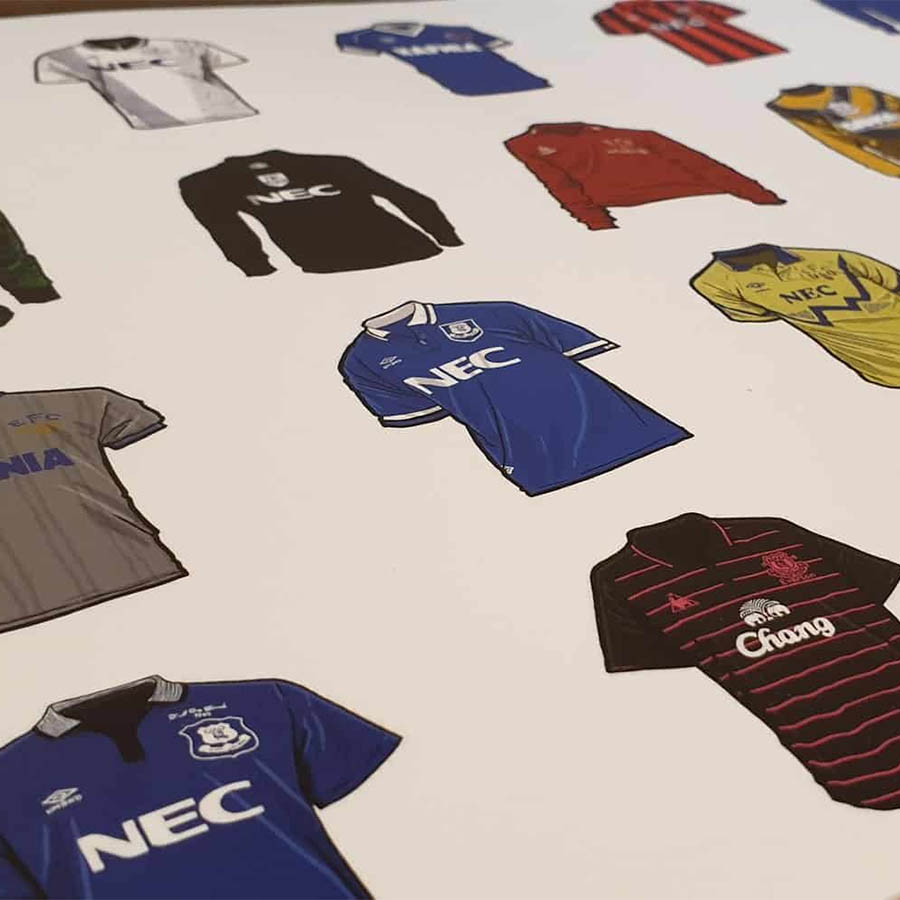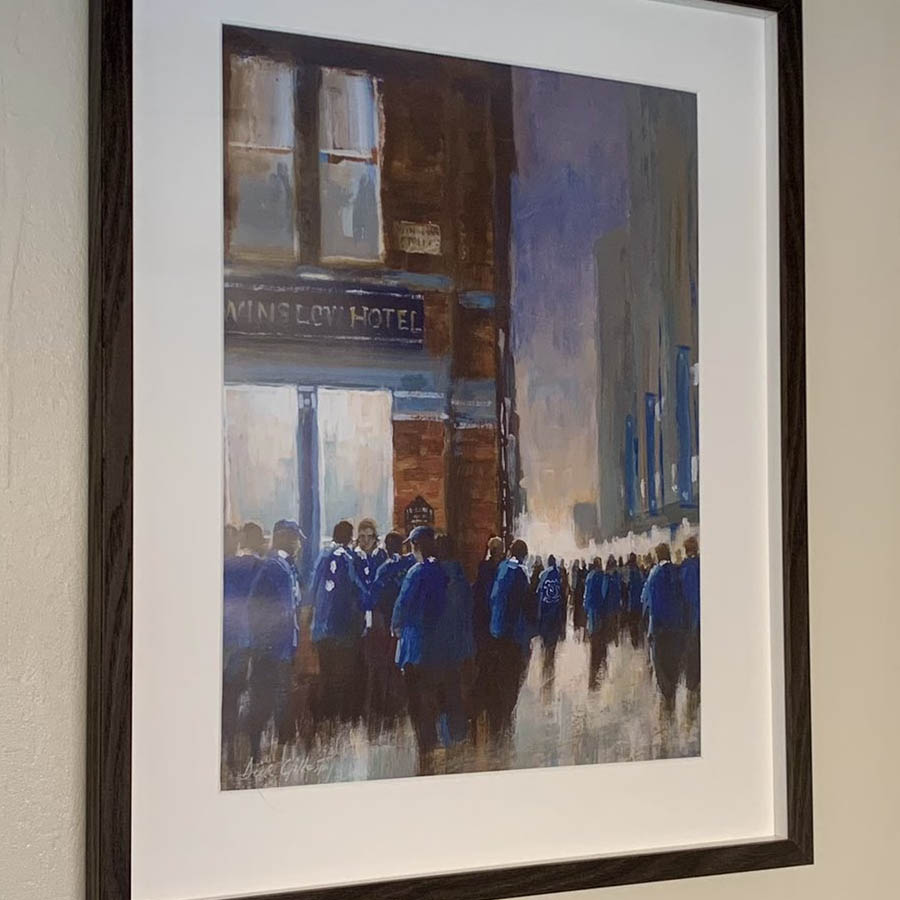Tactics
Mourinho is highly renowned for his tactical prowess,
[125][126][127] game management
[128] and adaptability to different situations. A usual feature of his teams is playing with three or more central midfielders, as Mourinho has stressed midfield superiority as crucial in winning games. As a Porto manager, Mourinho employed a diamond
4-4-2 formation, with his midfield, consisting of
Costinha or
Pedro Mendes as defensive midfielder,
Maniche and
Dmitri Alenichev as wide central midfielders and
Deco on the tip, acting as a cohesive unit rather than a collection of individuals,
[129] providing Porto with midfield superiority while allowing the full-backs to move forward.
[130]
During his first two years at Chelsea, Mourinho employed a fluid
4-3-3 formation, having
Claude Makelele play the role of deep-lying midfielder. This gave Chelsea a 3 v 2 midfield advantage over most English teams playing 4-4-2 at the time, and won Chelsea the
Premier League titles of
2004-05 and
2005-06. Mourinho explained:
Look, if I have a triangle in midfield –
Claude Makelele behind and two others just in front – I will always have an advantage against a pure 4-4-2 where the central midfielders are side by side. That’s because I will always have an extra man. It starts with Makelele, who is between the lines. If nobody comes to him he can see the whole pitch and has time. If he gets closed down it means one of the two other central midfielders is open. If they are closed down and the other team’s wingers come inside to help, it means there is space now for us on the flank, either for our own wingers or for our full-backs. There is nothing a pure 4-4-2 can do to stop things
[131]
Andrei Shevchenko's signing forced Mourinho to switch to a 4-1-3-2 for the
2006–07 season.
[132]

Porto v Manchester United (26 February 2004): First half, Porto attacking down the left

Porto v Manchester United (26 February 2004): Second half, Porto attacking down the right
At Inter, he won his first
Serie A title alternating between a 4-3-3 and a diamond
[133] and in his second season, the signings of
Samuel Eto'o,
Diego Milito,
Wesley Sneijder and
Goran Pandev, along with that of
Tiago Motta, enabled him to play a
4-2-3-1formation, effectively becoming a pure
4-5-1 without the ball, with which he won
the treble that season.
Mourinho is praised for his quick reactions to a game's events.
[134] In a 2013
UEFA Champions League encounter with
Manchester United at
Old Trafford, and with his team
Real Madrid losing 1-0 and facing imminent elimination, United's
Naniwas sent off for a harsh charge on
Alvaro Arbeloa. Mourinho quickly introduced
Luka Modric, and moved
Sami Khedira to the right flank, where Manchester United had a numerical disadvantage due to Nani's red card. This forced United's manager
Alex Ferguson to move
Danny Welbeck from the midfield to that flank, thus setting
Xabi Alonso free, and two quick goals turned the game in Madrid's favor.
[135][136]
Mourinho is also renowned for always being well-informed about his next opponent and tactically outwitting other managers in games. In a 2004 home
Champions League knockout stage game between
Porto and Ferguson's Manchester United, he had already asserted that United's weakness was on the flanks, especially on the left where
Quinton Fortune was protected by
Ryan Giggs. The central pairing of
Maniche and
Deco targeted that flank with their threaded passes and
Dmitri Alenichevwreaked havoc. He set up
Benny McCarthy's equaliser in the first half, then with United focussed on defending the left, Porto switched to the other side, where McCarthy was able to beat
Gary Neville and
Wes Brown to score the winner.
[137][138][139]

Chelsea v PSG (8 April 2014): an example of an offensive disposition from Mourinho in the last minutes
He is also acknowledged for his attention to detail, organisational planning and in-game communication. In a
2013-14 Champions League knockout game against
Paris Saint Germain, when Chelsea needed one goal within ten minutes to progress, he played a risky 4-1-2-3 in the last quarter, that led to
Demba Ba's winning goal. After the game, Mourinho said that his team had worked excessively on three alternative formations in training:
“We trained yesterday with the three different systems we used, the one we started with, the one without [Frank]
Lampard and finally the one with Demba and
Fernando [Torres] in, and the players knew what to do.”
[140]

Liverpool v Chelsea (27 April 2014): an example of a very deep, defensive formation from Mourinho's Chelsea
When Ba hit the winner, Mourinho darted down the touchline ‘in celebration’, but afterwards he claimed he was primarily running to tell Torres and Ba their positional instructions for the remaining six minutes of the contest, which is backed up by the pictures. Ba’s job was to sit in front of the defence and mark
Alex if he ventured forward, Torres’ to man-mark
Maxwell.
[141]
Reception
Mourinho is widely regarded by several players and coaches to be one of the best managers of his generation and one of the greatest ever managers.
[142][143][144][145] Bayern Munich manager Pep Guardiola has described Mourinho as "probably the best coach in the world".
[3][146] Chelsea midfielder
Frank Lampard has stated that Mourinho is the best manager he has ever worked for.
[147] He has sometimes been accused for playing defensive, dull football to grind out results.
[148][149][150][151][152][153]
Mourinho has been criticised for negative tactics by a few coaches and players, including
Johan Cruyff,
[154] and
Morten Olsen.
[155] Cruyff stated, "Jose Mourinho is a negative coach. He only cares about the result and doesn't care much for good football."
[154] After one game, Cruyff stated: "Mourinho is not a football coach. To play at home with seven defenders, you must be very afraid."
[156] Olsen stated, "I don't like his persona or the way he plays football negatively."
[155]

